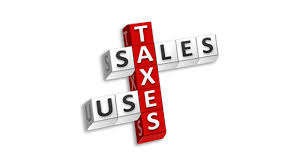It’s a safe bet that state tax authorities will let you know if your business hasn’t paid enough sales and use taxes. But the lines of communication may not be so open if you’re overpaying. For this reason, many business use reverse audits to find over-payments so they can see reimbursements.
In most states, businesses are exempt from sales tax on equipment used in manufacturing or recycling, and many states don’t require them to pay taxes on the utilities and chemicals used in these processes, either. In some states, custom software and other computer equipment are exempt if used for research and development projects. These are just a few examples of potentially available exemptions.
Many companies have sales and use tax compliance systems to guard against overpaying, but if you haven’t reviewed yours recently, check to make sure it’s functioning properly. Employee turnover, business expansion or downsizing, and simple mistakes all can take their toll.
A formal reverse audit can extend across your business, going back as far as the statute of limitations on state tax reviews. If your state auditors can review all records for the four years preceding the audit, for example, the audit could encompass the same time-frame.
To be clear, reverse audits are often time consuming and complex. But a well-executed one can not only reap tax refund rewards now, but also help update your compliance systems going forward. Let us help you target the exemptions available to your business and ensure refund claims are properly prepared before submittal.

